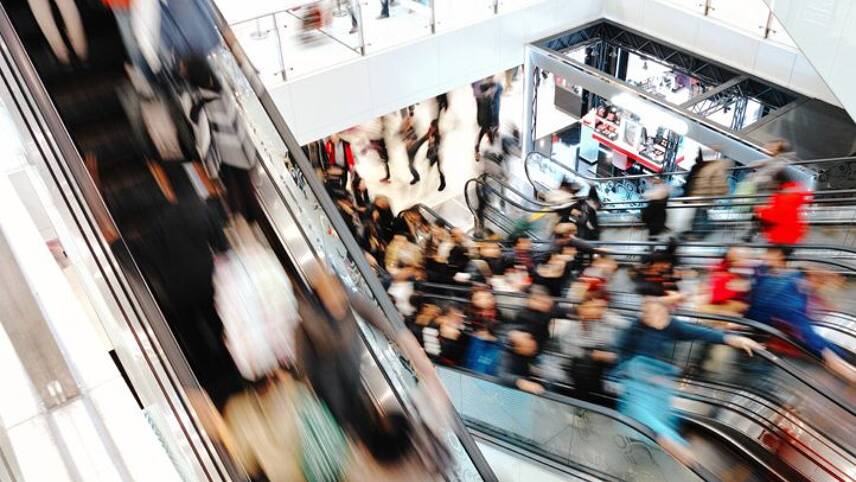Register for free and continue reading
Join our growing army of changemakers and get unlimited access to our premium content

Our data shows that nearly 50 percent of household appliances are bought online and the UK has one of the highest online retail penetrations in the world. This means that the customer is now calling the shots, with customer experience becoming the primary basis for competitive differentiation and technology, mobile phones, social media and apps enabling the customer to decide how they interact with a retailer. But it means that shoppers can often be fickle when it comes to brand loyalty.
Retailers across the country know that in the modern age, it’s not possible to ignore responsible retail. Because of the place that retailers occupy at the heart of the value chain and with the help of activists, social media and some highly publicised examples of CSR, there is more awareness of retailers’ responsibility and influence on society. CSR is an issue that retailers can no longer afford to ignore: it’s a field of rapid growth and increased scrutiny.
Several surveys and studies have found that while consumers, when surveyed, place great importance and value on CSR, their behaviours are not always consistent with this, leading to a ‘value-action’ gap. Consuming responsibly still needs time and space in people’s lives that is not always available in increasingly busy modern lifestyles.
The technological advancements of recent years have changed how retailers and their customers interact with each other and have opened up space for retailers to provide far more information to customers about the sourcing and environmental credentials of a product. However, do the majority of customers want or use this information? How do retailers selling thousands of different products chose which products and issues to highlight with their customers?
In order to make a real change in influencing the behaviour of customers, retailers need to target and engage their mainstream customers. In the main, retailers choose to engage with the majority of customers on responsible retail issues when they are seeking to help consumers make the right call or behave in a certain way. Examples of this include work with customers around household food waste, in-store takeback schemes for clothing and technology and the production and promotion of products that help customers live a more sustainable lifestyle.
Another key way of communicating succinctly to customers is through labels. However, the plethora of labels on issues ranging – from recycling, to responsibly sourced seafood, to fairly traded coffee to sustainable cotton – can be contradictory and confusing. Developments such as the Higgs Index for clothing should introduce a degree of consistency so that shoppers can make genuine comparisons between products and retailers.
In addition, retailers are making numerous responsible retail decisions on behalf of their customers in order to do the right thing and build trust. Examples of this include the removal of plastic microbeads from personal care products and the switch from plastic cotton bud stems to paper by UK high street retailers, the transformation in packaging over the last decade, and actions around responsible sourcing and water stewardship.
While the traditional retail model still works, it has changed significantly and will continue to change. In-store retail is not dead but those retailers, or indeed customers, that only focus on in-store are increasingly rare. The key is delivering the product and service that the consumer needs and demands.
Retailers are increasingly prioritising responsible retail issues but they are doing this through a variety of channels and methods. Often it’s easier to focus on a few core messages. In addition to this, retailers are continually revising their supply chain, operations, and the customer offer to incorporate responsible retail issues. Customers trust retailers to have done this and although many do not necessarily want all the detail, this new retailing model offers plenty of opportunities to engage more deeply with those who do wish to know more.
Alice Ellison is a head of envrionment at the BRC




Please login or Register to leave a comment.